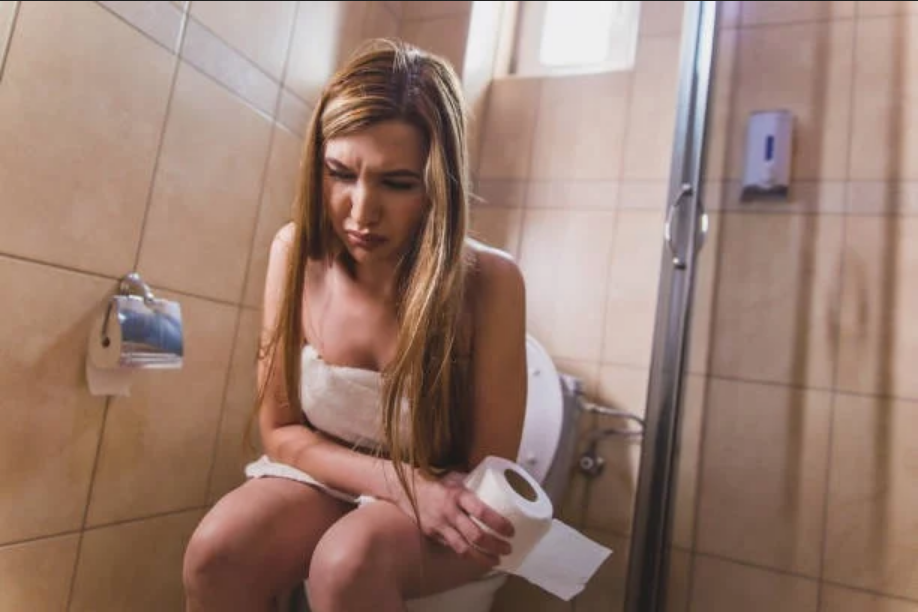
A urinary tract infection (UTI) is an infection of your urinary system. This type of infection can involve your:
1. Urethra (urethritis).
2. Kidneys (pyelonephritis).
3. Bladder (cystitis).
According to Clevelandclinic, urine (pee) is a byproduct of your blood-filtering system, which your kidneys perform. Your kidneys create pee when they remove waste products and excess water from your blood. Pee usually moves through your urinary system without any contamination. However, bacteria can get into your urinary system, which can cause UTIs.
What is the urinary tract?
The urinary tract makes and stores pee. It includes your:
1. Kidneys. Kidneys are small, bean-shaped organs on the back of your body, above your hips. Most people have two kidneys. They filter water and waste products from your blood, which becomes pee. Common wastes include urea and creatinine.
2. Ureters .
Your ureters are thin tubes that carry pee from your kidneys to your bladder.
3. Bladder .
Your bladder is a balloon-like organ that stores pee before it leaves your body.
4. Urethra. The urethra is a tube that carries pee from your bladder to the outside of your body.
Fortunately, there are several simple preventive measures you can take to reduce your chances of getting a UTI.
According to mayoclinic, The first step to preventing a UTI is to practice good hygiene. This includes not only proper handwashing but also cleaning your genital area before and after engaging in sèxual activities. Women should also avoid using heavily scented soaps or sprays while washing, as these can irritate and introduce bacteria to the area that can cause a UTI.
Staying active is important. Exercise can help flush out the urinary tract of bacteria and reduce your risk of a UTI. Be sure to stay hydrated during exercise, and try to move your body for at least 30 minutes a day.
Another way to prevent UTIs is to drink plenty of water. Drinking adequate amounts of water can help you flush out bacteria from your system which can otherwise lead to a UTI. Try to drink about eight to ten 8-ounce glasses of water per day, and it may help to spread out your intake throughout the day instead of guzzling it all at once.
Also, urinate after engaging in sèxual activities to help flush out any bacteria that may have been transmitted during intercourse. Urinating after intercouse can reduce the risk of UTI even if you practiced good hygiene beforehand.
In addition to the above steps, there are also some dietary changes that can reduce your risk of UTIs. Eating probiotic-rich foods, such as yogurt and kefir, can help promote healthy bacteria in your digestive system. It is also important to avoid foods that are sugary, greasy, spicy, or acidic which could irritate your bladder and increase your risk of an infection.
What is the best thing to do for a urinary tract infection?
The best thing to do for a urinary tract infection is to see a healthcare provider. You need antibiotics to treat a UTI. Your provider will select an antibiotic that works best against the bacteria responsible for your infection.
Once you get a prescription for antibiotics, it’s very important that you follow the directions for taking them. Be sure to take the full course of antibiotics, even if your symptoms go away and you start feeling better. If you don’t finish all your medicine, the infection can return and be more challenging to treat.
If you get UTIs a lot, a provider may recommend that you take antibiotics:
1. Every day.
2. Every other day.
3. After intercouse.
4. At the first sign of symptoms.
Talk to a provider about your best treatment option if you have a history of frequent UTIs.